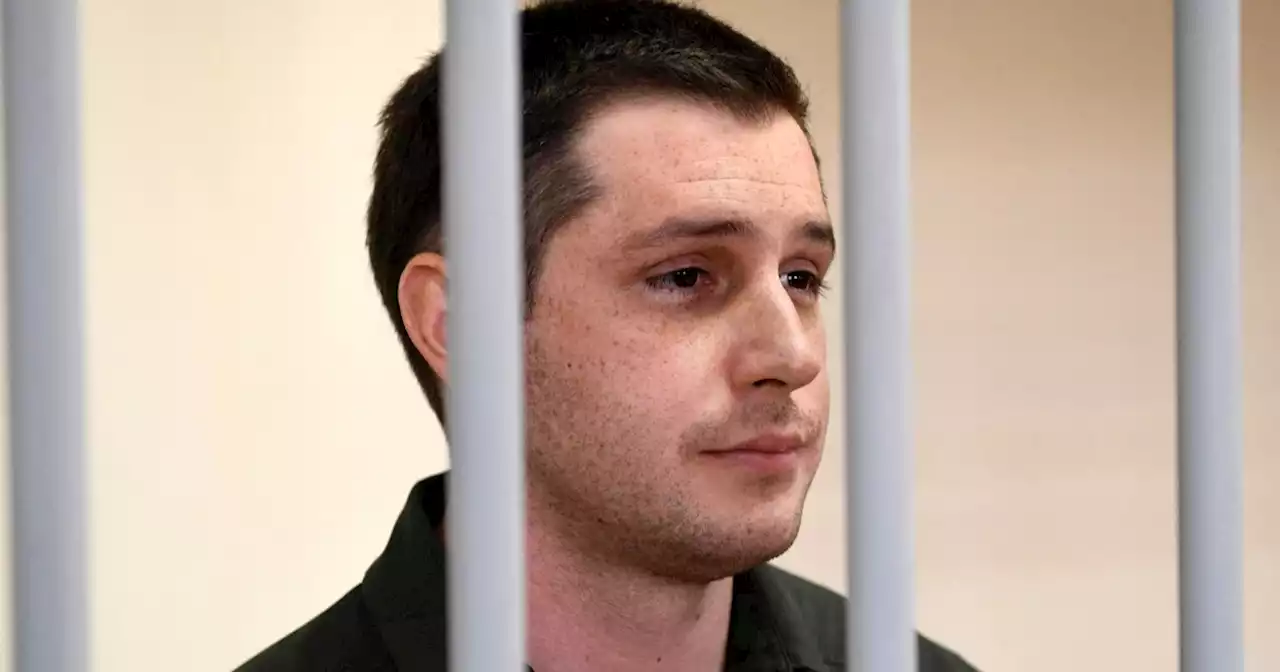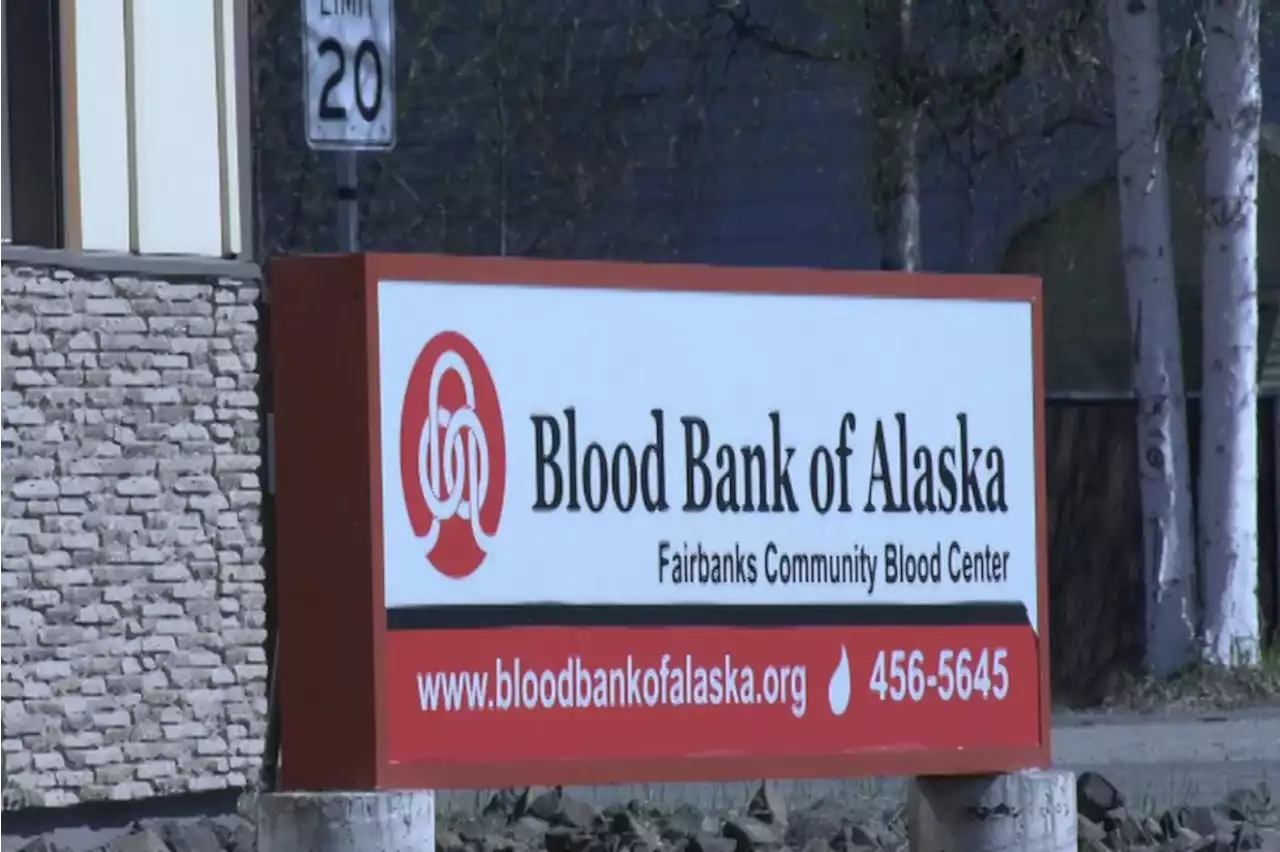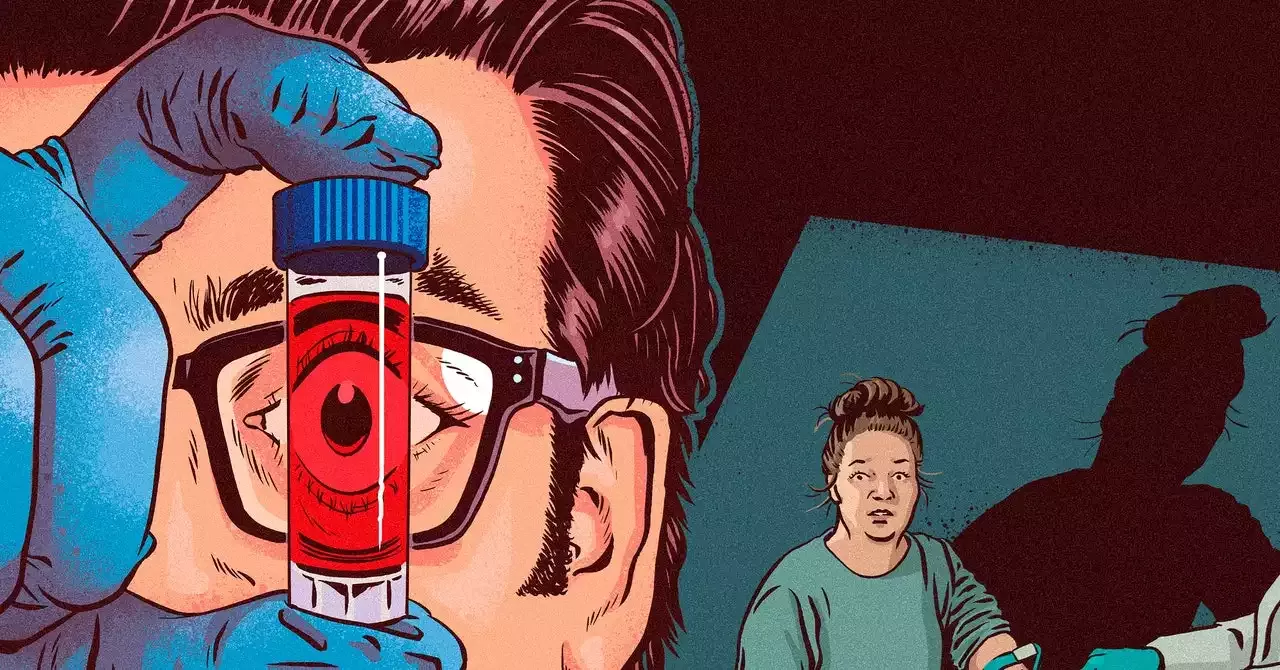A whistleblower, faked clinical trials, and more than two dozen prescription drugs trials on the line— the system for testing pharmaceuticals is ill-equipped to stop a company’s misconduct.
Joe Hagood received in August 2017 was vague and brief, but too unsettling to ignore.
Throughout his long career, Hagood had never encountered a scandal like the one Bruinekool described, and a piece of him wanted to believe she was exaggerating. But Bruinekool's stories were so vivid, so specific, that he sensed they must be true. That meant the entire CAM2038 trial, which was blending anonymized data from multiple research centers, could be in peril.
This polarized job market can frustrate locals like Jay Cruto, who returned home in 2014 after earning a biology degree from Western Washington University. A warm and ambitious Filipino American who took pride in being the first member of his family to graduate from college, Cruto was eager to land a gig that would help burnish his résumé for medical school.
Zain was just one and a half years old when Cruto was hired, but it was already operating a slew of trials involving drugs designed to treat diabetes, hypertension, nicotine addiction, and a host of other ailments. On the paperwork for these studies, Nand was listed as the principal investigator. But many of the staffers I spoke to told me that Nand spent most of his time at his sleep clinic.
The arc of Cruto's career at Zain—from excitement to alarm in just weeks—was common among the recent college graduates Anwar liked to hire. Shortly after joining the company in early 2014, for example, 21-year-old Billy Birge was put in charge of multiple studies, a big responsibility for a psychology major fresh out of Washington State University.
As would become a pattern in Anwar's professional life, Scientella rapidly disintegrated in a swirl of acrimony. In 2014, Anwar sued his business partner for allegedly concealing the full extent of the company's profits; the partner filed a counterclaim, alleging that Anwar had used Scientella's corporate credit card to enrich himself.
When employees persisted with their complaints, however, Anwar could turn vicious. Ashley Galvan, a plainspoken study coordinator from Chicago who aimed to become a neuroscientist, told me she got under Anwar's skin by warning Nand he could lose his medical license if Zain's methods ever came to light. Upon learning that Galvan had gone around his back to his partner, an enraged Anwar called her into his office.
Anwar spared no expense in turning the drab space into a state-of-the-art facility. He purchased the highest-quality diagnostic equipment for the exam rooms, imported exquisite tiles for the floors, and wired the whole building with an 85-camera surveillance system.Photograph: MASON TRINCAinto the new space, Jay Cruto decided the time had come to try to persuade Anwar to straighten up. “At that point, I thought I had enough pull because I was so involved in cleaning up the studies,” he says.
Geoff Heywood was assigned to monitor the activity at Anwar’s clinic. “You could see this guy was a con artist after spending five minutes with him,” Heywood says.Heywood and several other monitors were keen to fix the mess at Zain, but they were limited in what they could do. That is largely because the monitors and their superiors have access only to the data from the trials they've commissioned.
Armed with the information provided by Cruto and Birge, the FDA showed up, unannounced, at Zain in October 2015 to conduct an audit. All employees were required to remain onsite during the inspection. According to Lucia Dawson, however, Anwar ordered her to sneak out and not return until he said it was OK. When she asked why, he suggested that she was a soldier who couldn't be trusted to protect her general: “If they ask you a question,” he said, “you'll tell them everything.
By July 2017, Anwar had rebooted his business, forming a new corporation with a new name and ceasing to use Nand—the FDA warning letter's sole addressee—as his principal investigator. His new principal investigator was Lucien Megna, an internist who had fallen on hard financial times due to tax problems and a costly divorce. Anwar paid Megna $19,000 a month and asked little in return, besides the right to use the doctor's name on official documents.
Then there was the CAM2038 study, the one Bruinekool would soon flag to Medpace. The trial was designed to test whether the drug, delivered via weekly or monthly injections, could replace opioids as a treatment for chronic back pain. Mid-Columbia was given large amounts of hydrocodone and morphine to serve as “rescue medications” in case any opioid-dependent patients, particularly those who received placebos in the trial, needed to get back on their previous drug regimens.
To get back at his former partner, Anwar asked Bruinekool and two other employees to file sexual-harassment complaints against Nand with the state's Department of Health. Though she knew that every word of the complaint would be a lie, Bruinekool agreed to do Anwar's bidding; she feared she'd be fired if she refused, and she couldn't stomach the thought of putting her family through another year or more of deprivation while she looked for work.
About six weeks after Bruinekool's first and only conversation with Hagood, a team of people from both Medpace and Braeburn Pharmaceuticals—the company behind the back-pain drug—showed up in Richland. During their two days at Mid-Columbia, the investigators made a host of troubling discoveries: “Data on subject diaries could not be attributed to the subjects themselves,” for example, and “Subject eligibility could not be confirmed with provided source documents.
Bruinekool was torn. Despite losing the CAM2038 contract, Anwar was showing no signs of having learned a lesson; getting the government involved might be the only way to make Mid-Columbia a tolerable place to work. But Bruinekool also feared Anwar's wrath should she be exposed as Mid-Columbia's informant.
Three days after the raid, Bruinekool tendered her resignation. But a strangely upbeat Anwar talked her out of leaving: He promised her medical benefits and acted as if the DEA investigation didn't bother him. Bruinekool made yet another puzzling decision by choosing to stay on at Mid-Columbia. She filed for unemploment benefits, but Anwar contested the claim, saying she'd been terminated for gross misconduct that included enrolling ineligible patients in clinical trials. Washington's Employment Security Department ruled in Anwar's favor, ordering Bruinekool to pay back more than $7,000. As a result, Bruinekool's eldest daughter had to drop out of college and move home.
With the walls closing in, Anwar tried to use the same maneuver he'd pulled off after the FDA issued its warning letter in 2016: He began setting up a new corporation, GS Trials. Once again he listed the company's location at the very same address. The truth is that the Anwar saga is exceedingly atypical. Between 2010 and 2019, the FDA conducted inspections of more than 3,900 research centers, which led to the issuing of just 61 warning letters, many of which cite minor violations. When the US attorneys who prosecuted Zain searched for similar incidents, including by consulting with the FDA, they could not find anything even remotely comparable.
Österreich Neuesten Nachrichten, Österreich Schlagzeilen
Similar News:Sie können auch ähnliche Nachrichten wie diese lesen, die wir aus anderen Nachrichtenquellen gesammelt haben.
 Steve Spurrier: I don't think Nick Saban told any liesLike most who love college football, Steve Spurrier felt compelled to weigh in on the Nick Saban-Jimbo Fisher drama.
Steve Spurrier: I don't think Nick Saban told any liesLike most who love college football, Steve Spurrier felt compelled to weigh in on the Nick Saban-Jimbo Fisher drama.
Weiterlesen »
 Bethenny Frankel reflects on her business empire, Skinnygirl's future: 'I like that blood, sweat, tears'Bethenny Frankel's Skinnygirl margarita, a low-calorie pre-made cocktail, led to a thriving product line that she sold in 2013 for a reported $120 million.
Bethenny Frankel reflects on her business empire, Skinnygirl's future: 'I like that blood, sweat, tears'Bethenny Frankel's Skinnygirl margarita, a low-calorie pre-made cocktail, led to a thriving product line that she sold in 2013 for a reported $120 million.
Weiterlesen »
 Kent mayor calls for more blood donations amid shortageOn May 9, Bloodworks Northwest said that it was running dangerously low on Type O positive, O negative and platelet donations.
Kent mayor calls for more blood donations amid shortageOn May 9, Bloodworks Northwest said that it was running dangerously low on Type O positive, O negative and platelet donations.
Weiterlesen »
 Trevor Reed says he lost hope in Russian prison: ‘There was blood all over the walls’Trevor Reed, 30, returned to the U.S. late last month after serving nearly three years jailed in Russia.
Trevor Reed says he lost hope in Russian prison: ‘There was blood all over the walls’Trevor Reed, 30, returned to the U.S. late last month after serving nearly three years jailed in Russia.
Weiterlesen »
 Blood Bank of Alaska purchases Fairbanks locationFor 17 years, the Fairbanks location for the Blood Bank of Alaska has been collecting live-saving resources from the community.
Blood Bank of Alaska purchases Fairbanks locationFor 17 years, the Fairbanks location for the Blood Bank of Alaska has been collecting live-saving resources from the community.
Weiterlesen »
 Ashley Graham Lost 'Liters Of Blood' And Couldn't Walk For A Week After The Birth Of Her Twins'I looked around the room, saw blood literally everywhere, and let out this deep, visceral cry.'
Ashley Graham Lost 'Liters Of Blood' And Couldn't Walk For A Week After The Birth Of Her Twins'I looked around the room, saw blood literally everywhere, and let out this deep, visceral cry.'
Weiterlesen »
